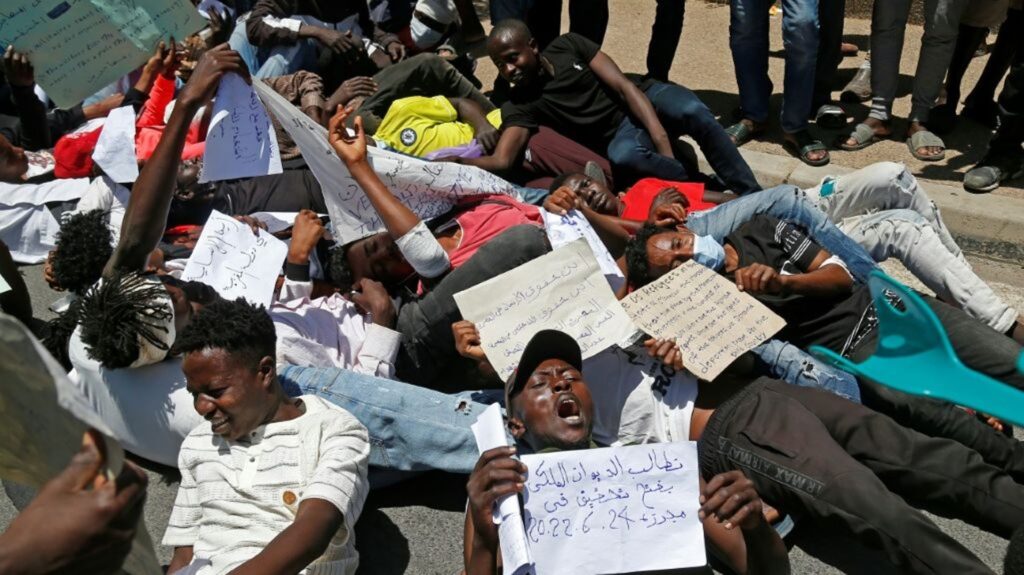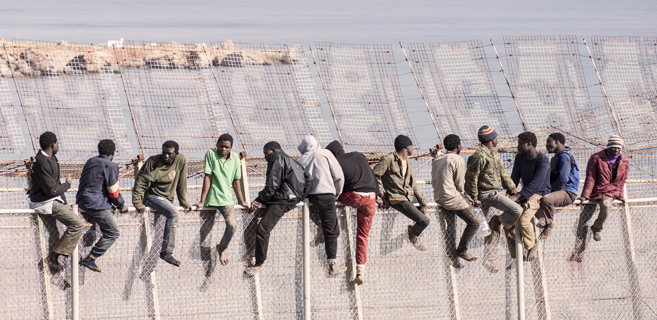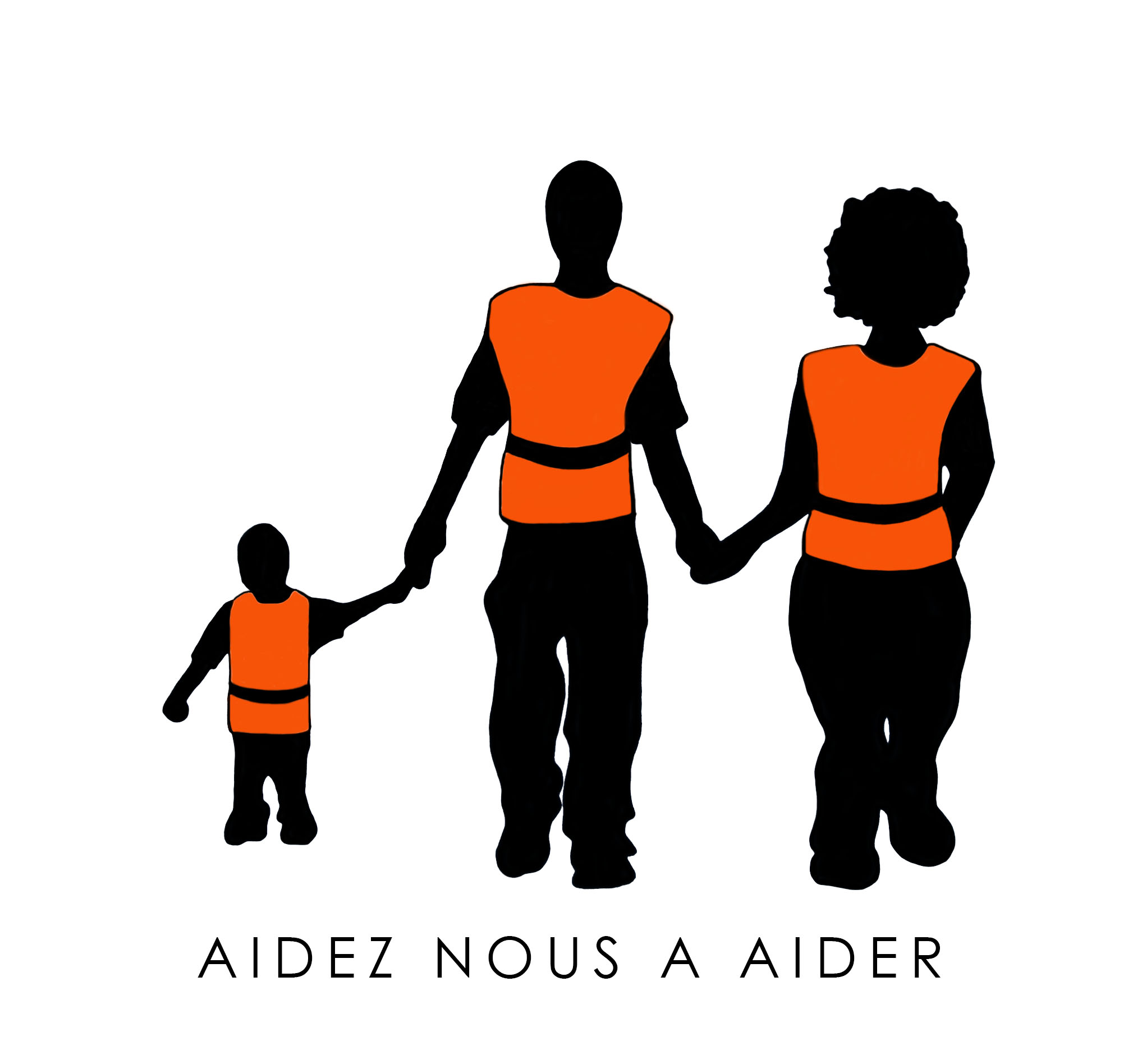
In the intricate tapestry of Morocco, where cultures intertwine and histories converge, there exists a less visible narrative — that of undocumented migrants navigating a complex reality. While Morocco has become a key transit and destination point for migrants, the treatment of those without papers unveils a challenging and often overlooked aspect of the migration story.
Undocumented migrants in Morocco face multifaceted challenges, from legal hurdles to societal perceptions. The absence of official papers places them in a vulnerable position, subject to a range of difficulties that shape their daily lives.
Navigating legal complexities without proper documentation proves to be a daunting task for undocumented migrants. The lack of recognized status denies them access to essential services such as healthcare and education, contributing to a cycle of marginalization.
The invisibility of undocumented migrants in Morocco extends beyond legal frameworks, permeating into societal perceptions. Stigmatization and discrimination cast a shadow over their daily interactions, limiting their ability to integrate fully into communities.
The labor market poses another significant challenge for migrants without papers. Many find themselves restricted to informal and often exploitative employment, facing the constant threat of exploitation due to their vulnerable legal status.
Undocumented migrants are often subject to increased scrutiny and police encounters. Racial profiling can lead to arbitrary arrests, detentions, and sometimes even deportation, amplifying their sense of insecurity.

Living conditions for undocumented migrants may be precarious, with limited access to shelter and sanitation. Humanitarian organizations often play a crucial role in providing support, yet the demand often outstrips available resources.
Despite the challenges, grassroots initiatives and non-governmental organizations (NGOs) are working tirelessly to address the needs of undocumented migrants. These initiatives encompass legal aid, healthcare provisions, and educational support, aiming to empower migrants and alleviate their struggles.
Morocco, as a crucial player in the migration route, engages in international cooperation to manage the influx of migrants. Collaborative efforts between Morocco and various international organizations seek to address the broader challenges and enhance the protection of migrants’ rights.
Understanding the plight of undocumented migrants in Morocco requires a nuanced perspective that transcends legal frameworks. It calls for empathy, recognizing the shared humanity that binds us all, irrespective of the papers one may or may not possess.
The treatment of undocumented migrants in Morocco reveals the complexities of migration management and the urgent need for comprehensive, humane solutions. By shedding light on their silent struggles, we can foster a more inclusive dialogue that moves beyond legal distinctions, ultimately working towards a society where every individual, regardless of their legal status, is afforded dignity and respect.
